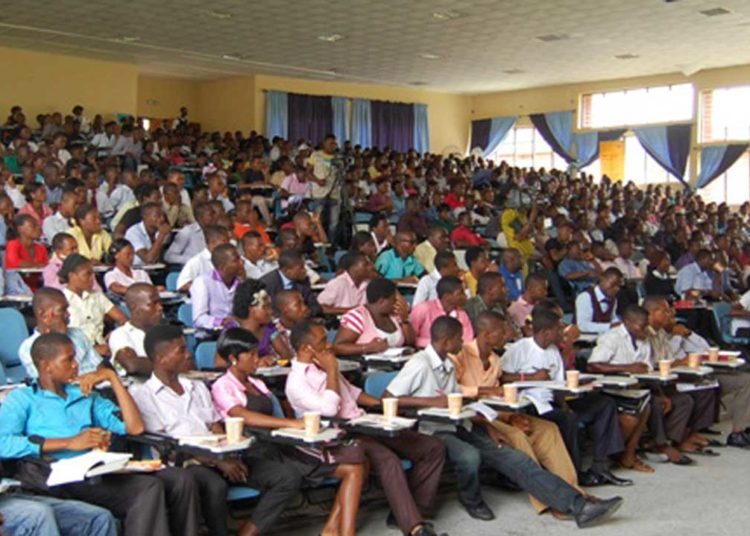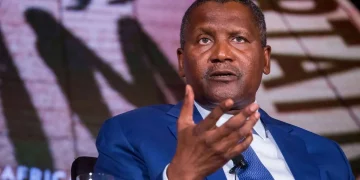A research finding by the Partnership for Economic Policy (PEP) indicates that financial support for youth employment programmes in the country is inadequate.
A researcher on the PEP’s project, Dr Iyabo Olanrele made this known at a validation workshop on the “Empirical Review of Youth Employment Policies in Nigeria” organised by PEP and held in Abuja yesterday.
Olanrele, while stating that it was a known fact that unemployment had remained a major issue in the country, said that there was the need for the government to fund such projects.
According to her, funding of youth employment programmes is necessary to take off the street, teeming unemployed youths.
“The issue of financial support is perceived to be inadequate. All hands must be in deck to curb this,” she said.
Other challenges to the programmes she said included insecurity which had made it difficult to implement some of the youths employment programmes in a large scale.
Olanrele also said that as a way of response to these issues, government had initiated policies and programmes including the Subsidy Reinvestment Programme and N-Power to curb the issue of unemployment
“Enormous resources were expended to make sure they are implemented. However, it is not yet known how these programmes have worked because of lack of systematic attempts to review the programmes to determine if they are effective.”
According to her, to improve the effectiveness of youth employment programmes, the issue of sustainability is important.
“Sustainability systems need to be created into the programmes to ensure continuity,” she said.
In his remarks deputy director Ministry of Youth and Sports Mr Michael Nwaogwu, described the youth as a very important group in Nigeria.
“They account for 46 per cent of the population but are unemployed.
“According to recent data from the National Bureau of Statistics (NBS), unemployment in Nigeria is as high as 33 per cent.
“Unemployment among young people is even more serious. This situation could create a phenomenon called demographic disaster.”
He further said that efforts to address the ongoing insecurity challenge must take into consideration the issues facing young people in the country.
Nwaogwu, however, said that the ministry had developed a new youth employment policy framework, Nigerian Youth Employment Action Plan (NIYEAP) to address the issues of unemployment in the country.
For the director of Labour in the Ministry of Labour and Employment, Mrs Gloria Oghifo called on other stakeholders to collaborate with the ministry to curb “the huge” level of unemployment in the country.
She said that the government has a National Employment Policy aimed at addressing youth employment issues.
On his part, the director general, National Youth Service Corps (NYSC), Brig.-Gen. Muhammad Fadah, said that the corps was partnering the National Directorate for Employment (NDE) for the training of corps members in various skills.
Fadah who was represented by the Chief Agric Officer in the Corps, Mr Onarigu Abubakar, called on youths to engage in skills acquisition and entrepreneur programmes to be self employed after service.
For the Leader of the Nigerian Youth Parliament (NYP), North-west Caucus, Mr Aminu Usman, he called for the reorientation of youths to be actively engaged in meaningful ventures.
“The youths in Nigeria are ready to be engaged and work for the country to see that the country develops.”
Earlier, the Team Lead for the PEP project, Mr Sola Omoju said that the vision of PEP was to bring together researchers and research institutions across the globe to build capacity and undertake research that provided contextualised solutions to key economic and social policy challenges in developing countries.
“Around the world, PEP has supported 314 research projects like this in 62 countries. In Nigeria, PEP has funded 22 projects.”





